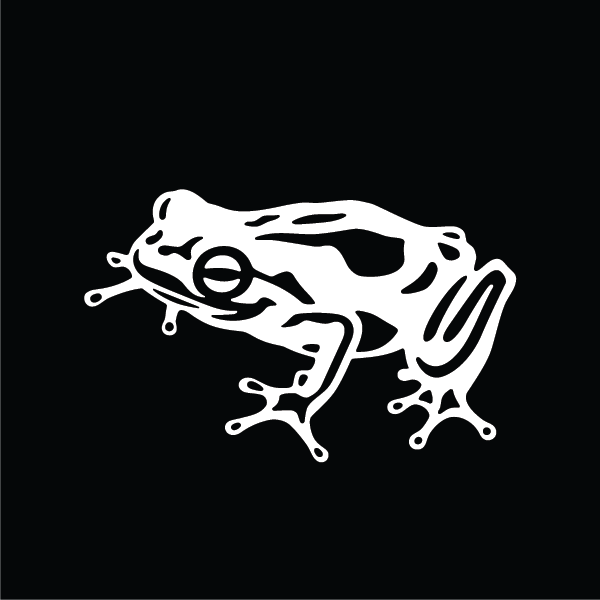
The Future is Fiction
For decades, artificial intelligence (AI) has been over-promised and under-delivered, largely due to technological restrictions. Now thanks to increased computational power, democratized tools and a deluge of new data, we are finally at a place of seeing real value being extracted from AI innovation.
This is all to say that today AI is riding high on the hype cycle with no end in sight. Forward-looking companies are hungrily looking to enhance their portfolios, places, processes and even entire organizations by deploying intelligent systems. From customer service chatbots, to product recommendations powered by machine learning, to virtual personal assistants and even robotics in the workplace, AI innovation is becoming table-stakes to stay competitive.
But it’s not without its skeptics. “AI” has become such a generic Hollywood term, it’s shorthand for everything from simple chatbots to autonomous vehicles to the rogue humanoids and cold, calculated machine destruction found in the pages of science fiction. With such an undefined frame of reference, it’s no surprise why automation leads to weighty ethical and economic conversations in a hurry.
Yet, discussions of humanity as victims of AI in far-off futures too often omit the role of the humans busily shaping the technology and its applications today. At frog, we design intelligent systems that serve our clients and their customers, with an eye toward their impact on a broader scale.
What Is An Intelligent System?
Ultimately, an intelligent system is powered by a series of algorithms meant to replicate the logic of its real human creators, biases and all. This so-called ‘artificial intelligence’ is informed by datasets curated and trained by individuals. These AI-enabled products and services have interfaces, designed by and for humans, meant to appeal to real user preferences and needs. These choices are human—every one of them. And each one is a design decision with big implications.
Your Data, Your Competitive Advantage
Beneath every intelligent system is a corpus of data that informs how the algorithm interprets information and learns from what it ingests. Then, it’s just a matter of relatively simple math utilized in very specific and strategic ways, combined with a lot of careful data training. For businesses, this data is the difference—the datasets that inform an intelligent system become the competitive advantage an AI embodies. Data curation, too, is a design decision, requiring an empathetic eye on how a system is trained to learn.
Managing Expectations by Controlling for Context
In many ways, designing with AI requires an appetite for exploring new frontiers, imagining wholly new interactions enabled by sophisticated new capabilities, such as voice recognition, image pattern recognition and gesture control among others. Yet, it can also be argued that applying AI techniques to design processes is simply a matter of using every technique at our disposal to create the next standards for product and services.
As interactions evolve, so, too, is the need to manage expectations for users. This means controlling for context switches that make interactions with intelligent systems more natural and meaningful in the right environments, for the right user. A human-centered focus keeps real user needs in sight at each turn.
From Knowledge to Learning to Understanding
To call a machine intelligent is to design it to be able to understand, interpret and learn from the information it encounters. Only humans can account for potential biases in the data underlying an AI. And only humans can consider the impact of design choices for this emerging technology, and make choices responsibly.
At frog, we’ve seen massive digital transformation firsthand across virtually every industry. We’ve helped companies become more nimble and creative by taking on new digital tools to launch products and services customers remember. We believe AI is the evolution of designing products, services and processes to scale these efforts.
AI will help push us forward into a discontinuous future, and to a new period of exponential and unknown opportunity. The way we apply machine intelligence now is how we will ensure that future is the one we want.

frog, part of Capgemini Invent is a global design and innovation firm. We transform businesses at scale by creating systems of brand, product and service that deliver a distinctly better experience. We strive to touch hearts and move markets. Our passion is to transform ideas into realities. We partner with clients to anticipate the future, evolve organizations and advance the human experience.
We respect your privacy
We use Cookies to improve your experience on our website. They help us to improve site performance, present you relevant advertising and enable you to share content in social media. You may accept all Cookies, or choose to manage them individually. You can change your settings at any time by clicking Cookie Settings available in the footer of every page. For more information related to the Cookies, please visit our Cookie Policy.